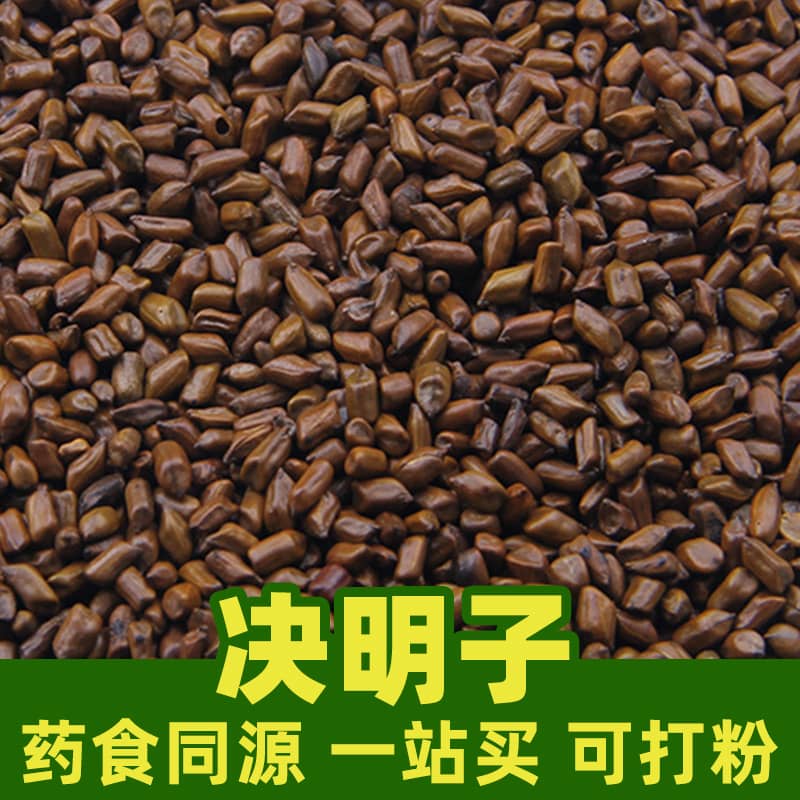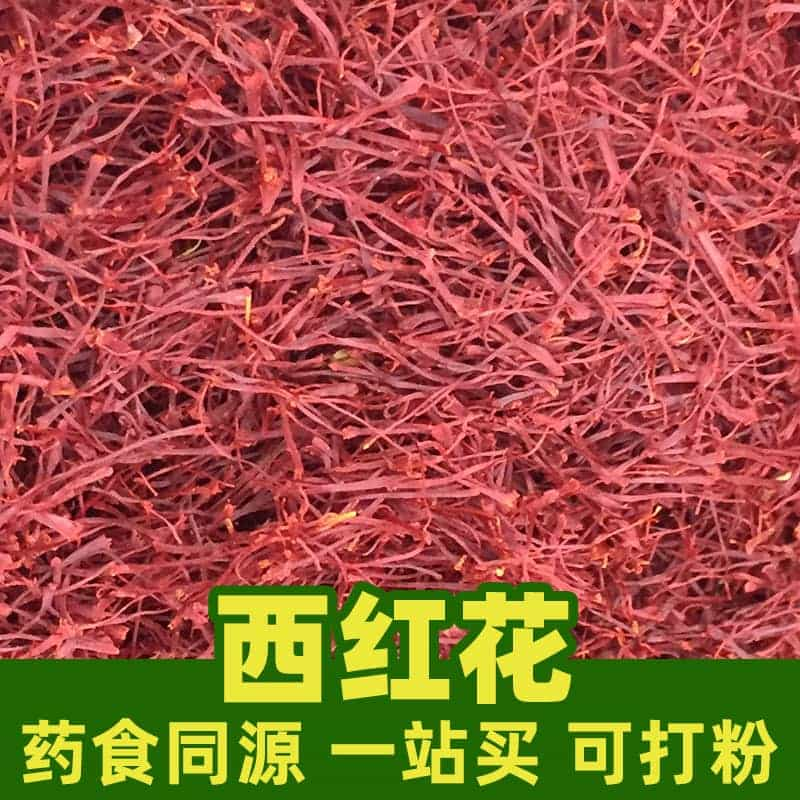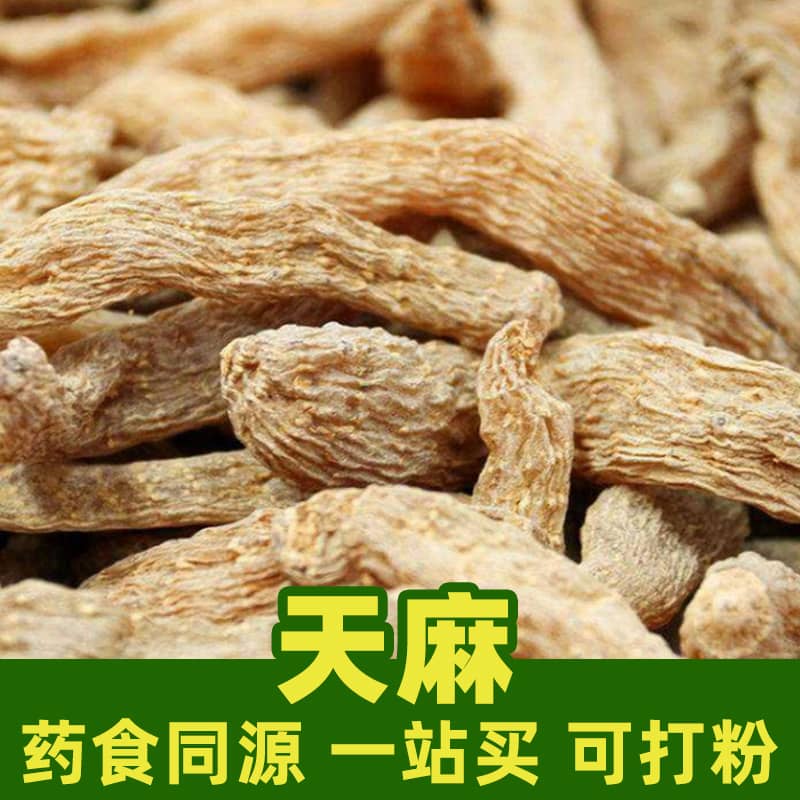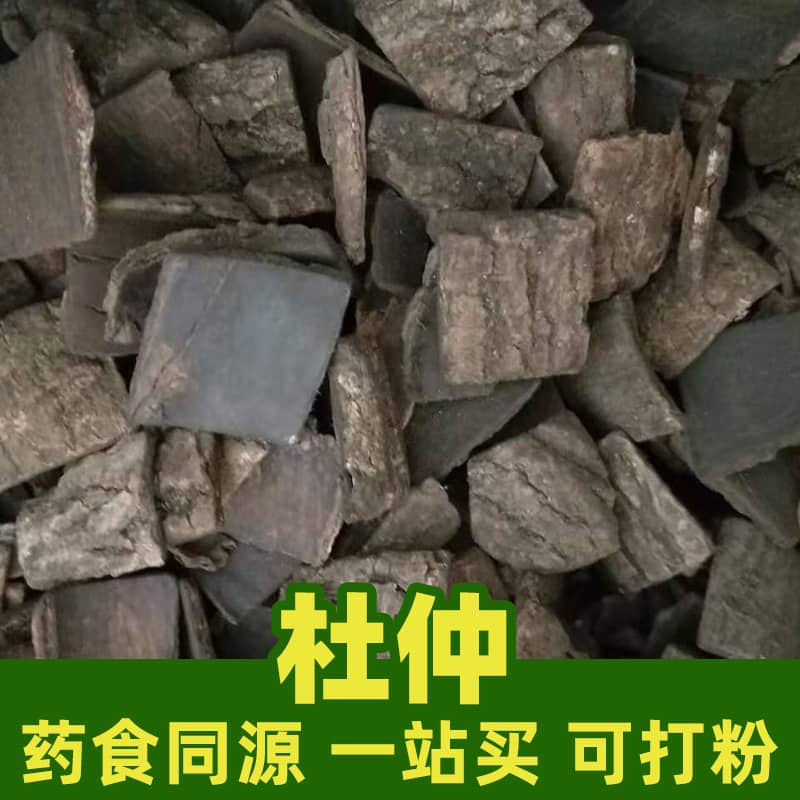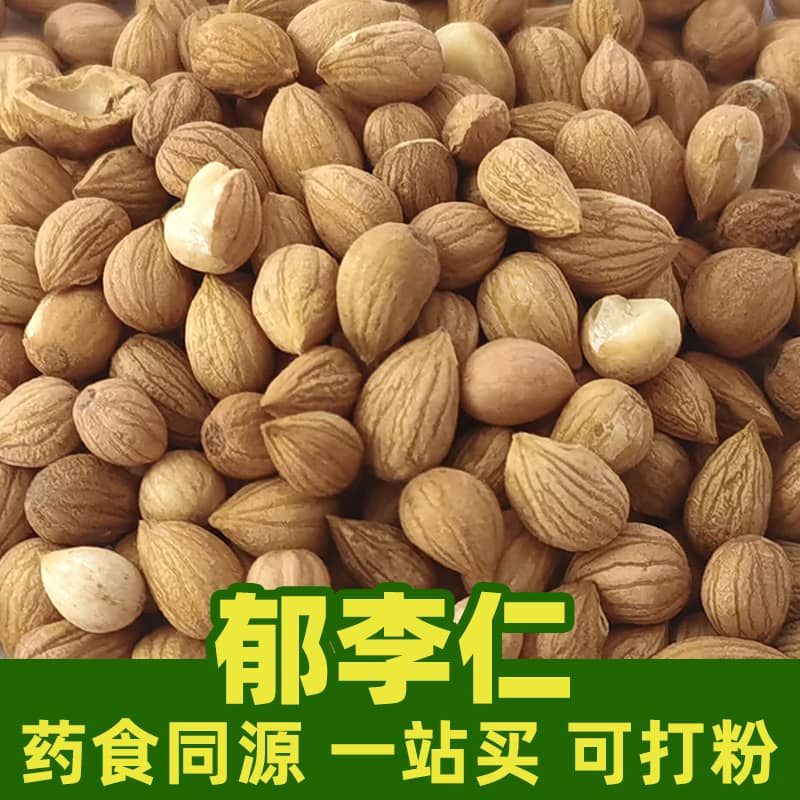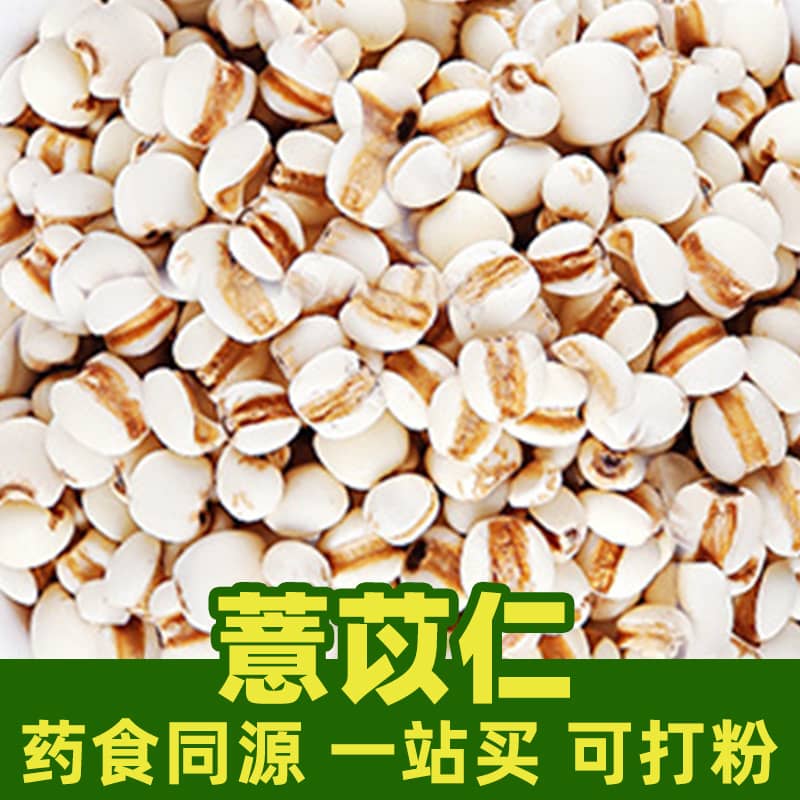Product Introduction
Jujube seed is a common traditional Chinese medicinal material, widely used in both medicine and food. It originates from the core of the fruit of the jujube tree and has significant nutritional and medicinal value. Jujube seed contains various chemical compounds such as oleic acid, linoleic acid, and alkaloids, which help regulate the heart and spleen, calm the mind, and enhance cognitive function.
Main Active Ingredients
The primary active ingredients in jujube seed include oleic acid, linoleic acid, and alkaloids. Oleic acid is an organic acid with anti-inflammatory, antioxidant, and calming effects. Linoleic acid is a natural bioactive substance that promotes intestinal motility, lowers blood lipids, and has antibacterial properties. Alkaloids are nitrogen-rich basic compounds that regulate the nervous system and enhance cognitive function.
Application Scenarios and Usage
Jujube seed has various applications in medicine and food. It can be processed into jujube seed tablets, pastries, and teas. Jujube seed tablets are used as medicinal materials, either alone or in combination with other herbs, for formulations that regulate the heart and spleen and calm the mind. Jujube seed pastries are traditional local delicacies with a unique taste and nutritional value. Jujube seed tea can be consumed as a beverage, offering calming and cognitive-enhancing benefits.
The dosage of jujube seed should be determined based on the specific product, following medical advice or product instructions. Avoid excessive use.
Plant Source, Distribution, and Growth Environment
Jujube seed comes from the fruit of the jujube tree, a deciduous tree mainly found in southern and southwestern China. It prefers warm, humid climates and nutrient-rich soil. The jujube tree grows on hillsides, river valleys, and other similar environments, flowering in spring and fruiting in summer. Once the fruit is mature, the seeds can be extracted and dried or processed into other products.
Harvesting, Processing, and Storage
Jujube seeds are typically harvested when the fruit is mature. The seeds are extracted and dried. During processing, it's essential to maintain the integrity and cleanliness of the seeds, avoiding external contamination.
For storage, jujube seeds should be kept in a dry, ventilated, and cool place, avoiding direct sunlight and humid environments to prevent moisture or mold. Proper storage methods can extend the shelf life of jujube seeds and maintain their medicinal properties.
In conclusion, jujube seed is a common traditional Chinese medicinal material known for regulating the heart and spleen, calming the mind, and enhancing cognitive function. It contains various active ingredients and can be used in medicinal formulations, traditional pastries, and teas. Proper selection and storage of jujube seeds ensure their quality and medicinal efficacy.
Monica Sun is a seasoned expert in the natural raw materials industry, with over a decade of experience specializing in traditional Chinese medicinal herbs, spices, and fungi. She is skilled in the sourcing, processing, and application of these materials, emphasizing sustainability and innovation. Monica Sun has contributed to the development of high-quality natural raw materials that serve as essential components in functional foods, pharmaceuticals, and cosmetics, delivering tailored solutions to meet diverse market needs.









